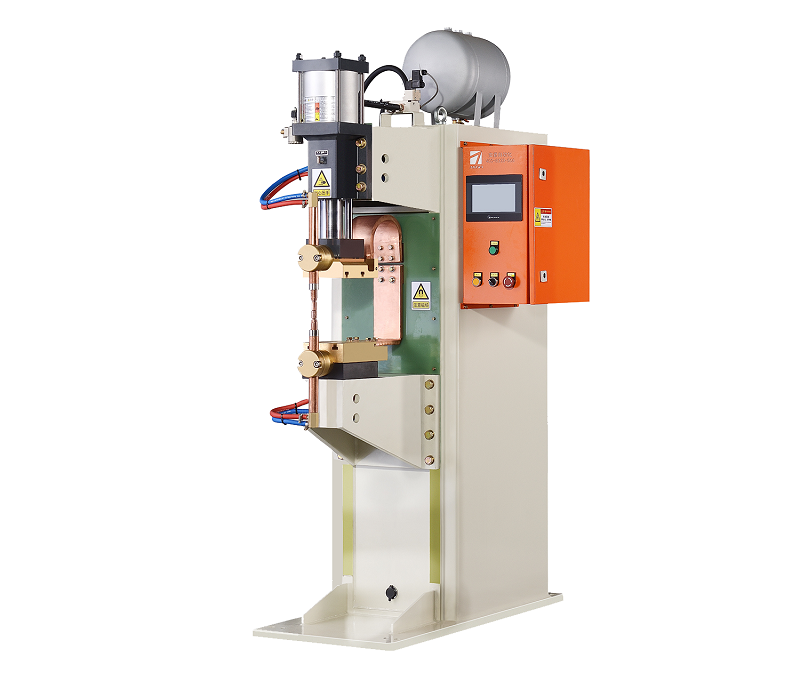Medium frequency direct current spot welding machines play a pivotal role in various industries, facilitating the joining of metals with precision and efficiency. However, several factors can influence their operational efficiency. In this article, we will delve into the primary reasons that impact the performance of these machines.

- Electrode Contamination: One of the foremost culprits is electrode contamination. Over time, electrodes can accumulate dirt, grease, and other impurities, reducing their conductivity and impairing the welding process. Regular maintenance and cleaning are essential to ensure optimal performance.
- Power Supply Fluctuations: Inconsistent power supply can significantly hinder the operation of medium frequency DC spot welders. Fluctuations in voltage or current can lead to inconsistent welds, resulting in increased scrap rates and decreased efficiency. Employing voltage stabilizers and surge protectors can mitigate this issue.
- Material Variability: Differences in material thickness, composition, and quality can affect the welding process. Welding machines must be calibrated and adjusted to accommodate these variations, which can be time-consuming. However, failure to do so can result in defective welds and reduced productivity.
- Inadequate Cooling: Excessive heat generated during welding can damage the machine components and reduce its efficiency. Proper cooling systems, including water-cooled electrodes and transformers, are critical to maintaining a stable operating temperature and preventing overheating.
- Lack of Operator Training: The efficiency of a medium frequency DC spot welding machine also depends on the skill and knowledge of the operator. Inexperienced operators may not set the parameters correctly, leading to subpar welds and increased rework. Regular training and skill development are essential to maximize efficiency.
- Outdated Equipment: Aging equipment can become less efficient over time due to wear and tear. It’s important to regularly assess the condition of the welding machine and consider upgrades or replacements when necessary to maintain high productivity levels.
- Improper Maintenance: Neglecting routine maintenance can result in a host of issues, from worn-out electrodes to damaged cables and connectors. Establishing a comprehensive maintenance schedule and adhering to it can prevent these problems and ensure consistent performance.
- Inefficient Workflow: The overall efficiency of a welding process also depends on the workflow within the production line. Delays, bottlenecks, and inefficiencies in material handling or workpiece preparation can slow down the welding process, reducing its overall efficiency.
In conclusion, several factors can impact the efficiency of medium frequency direct current spot welding machines. Addressing these factors through proper maintenance, operator training, and equipment upgrades can lead to improved productivity and higher-quality welds in various industrial applications.
Post time: Oct-08-2023


